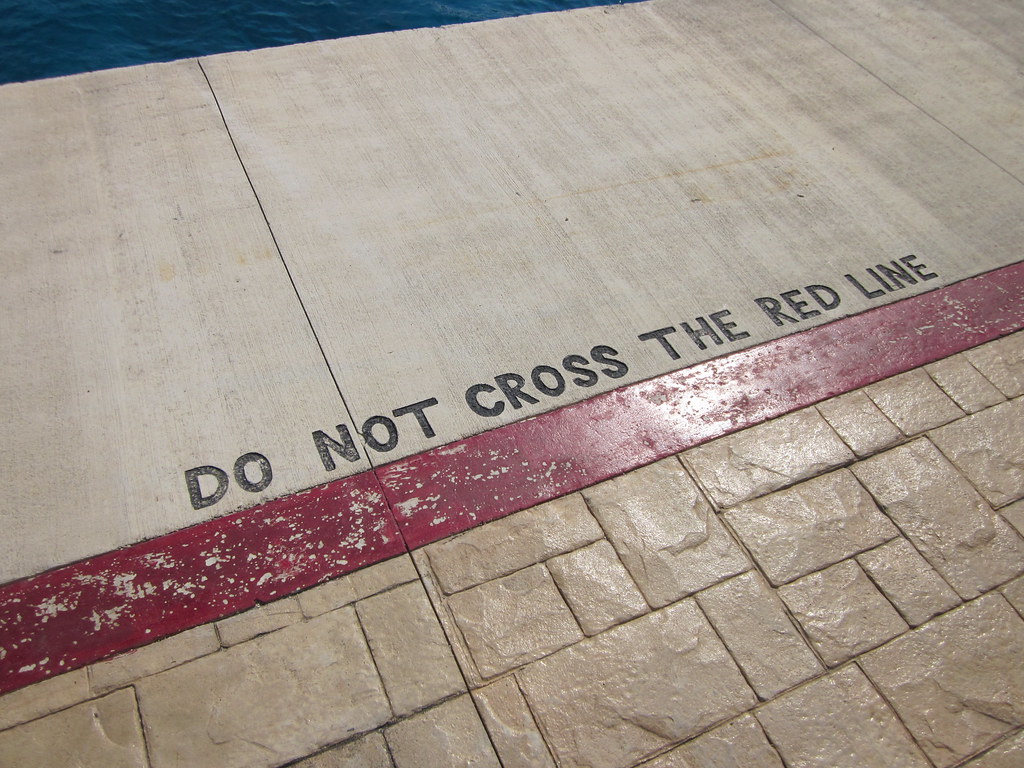In the realm of mysticism and symbolism, Tarot cards have captivated the human imagination for centuries. Originating in the 15th century, these intricate cards possess their own unique lexicon of imagery and meaning, enabling varied interpretations across cultures and belief systems. Viewed through a Christian lens, Tarot cards evoke a fascinating dichotomy of perspective, where the spiritual and the esoteric intermingle. This article delves into the interpretations of the Tarot cards, examining their potential meanings when filtered through Christian theology.
The essence of the Tarot deck consists of 78 cards, divided into the Major Arcana and the Minor Arcana. The Major Arcana features 22 cards, each depicting a significant life experience or spiritual lesson, while the Minor Arcana consists of 56 cards that highlight day-to-day experiences. This juxtaposition mirrors the Christian belief in the sacred journey of life — a pilgrimage filled with trials and triumphs.
Major Arcana: Embodying Life’s Doctrine
The Major Arcana cards serve as archetypes of the human condition. Each card can be seen as a parable, imparting wisdom akin to the teachings found in Christian scripture. For instance, The Fool represents new beginnings and faith akin to the narratives of individuals embarking on a divine mission. Just as in Christian thought, where the faithful are called to step out into the unknown with trust, The Fool embodies the purity and potential of human spirit unfettered by fear.
The Magician embodies the concept of creation and manifestation. In Christian theology, believers are bestowed with divine gifts intended for the betterment of humanity. This parallels the Magician’s assertion that one has the power to shape reality through intent and action. Recognizing one’s talents indeed resonates with biblical passages emphasizing stewardship and purpose.
The High Priestess symbolizes intuition and divine knowledge. Her serene visage serves as a reminder of the importance of introspection and the quest for understanding, similar to the spiritual discernment advocated in Christian contemplation. The card mirrors the virtues of wisdom and faith — qualities that empower believers to divine truth from trials.
The Empress, adorned with nature’s bounty, epitomizes fertility and abundance. In Christian contexts, she reflects God’s generosity and the nurturing aspect of creation, prompting a contemplation of humanity’s role in stewardship of the earth. Acknowledging the earthly resources bestowed by the Creator elevates one’s responsibilities toward the environment and one another.
In stark contrast, The Tower evokes the theme of destruction and revelation. This card echoes the biblical tenets of humility and repentance as it signifies upheaval — a necessary dismantling of false constructs. Just as Biblical stories often feature moments of tremendous change and pivotal lessons learned through tribulations, The Tower urges confrontations with painful truths leading to growth and renewal.
Minor Arcana: The Footsteps of Daily Existence
While the Major Arcana highlights significant life happenings, the Minor Arcana captures the essence of daily life, embodying emotions, situations, and challenges woven into the human experience. These cards are classified into four suits: Cups, Pentacles, Swords, and Wands, each symbolizing core aspects of existence akin to Christian values.
The suit of Cups embodies emotions, relationships, and spiritual connections. It resonates deeply with the Christian concept of love, compassion, and community. Cards within this suit, such as the Two of Cups representing unity and partnership, mirror the Biblical principles of fellowship and the importance of addressing emotional well-being.
Pentacles signify material concerns, prosperity, and work ethic. These cards can evoke reflections on stewardship and labor, aligning with parables of servanthood and divine provision. The Eight of Pentacles illustrates diligent work toward mastery, emphasizing the value of effort and dedication evident in both Biblical storytelling and the daily labor of Christians.
Swords convey the realm of intellect, conflict, and moral dilemmas. The suit of Swords often reflects challenges and strife, akin to the battles faced in spiritual warfare as implied in scripture. The Five of Swords, portraying loss and tension, prompts reflections on humility and forgiveness, aligning with Christian calls for resolution and reconciliation.
Lastly, Wands symbolize inspiration, creativity, and ambition. This suit resonates with the Christian conviction of pursuing one’s God-given purpose. The Ace of Wands embodies the spark of divine inspiration — a call to action reflecting the vigor with which believers are called to live their faith actively.
The Intersection of Tarot and Christian Doctrine
The relationship between Tarot and Christian ideology can be intricate and is replete with layered meanings. While Tarot is often perceived with skepticism within traditional Christianity due to the potential association with divination and fortune-telling, it could also serve as a tool for meditation and reflection on one’s spiritual journey. Seen in this light, each card can provide a framework for understanding one’s life path in alignment with Christian teachings.
Both Tarot and Christianity delve into the complexities of existence, grappling with profound questions about identity, purpose, and redemption. This intersection invites a broader dialogue that encourages believers to explore dimensions of spirituality outside conventional confines.
In conclusion, while the perceptions of Tarot cards within Christian circles may be met with reticence or caution, recognizing the depth of meaning woven within them can yield unexpected insights. Tarot serves as a metaphorical mirror reflecting the journey of the soul through life’s labyrinth, illuminating the intricate tapestry of faith, hope, and perseverance. Its allure, whether embraced or scrutinized, remains firmly rooted in the universal quest for understanding, connection, and ultimately, enlightenment.







Leave a Comment